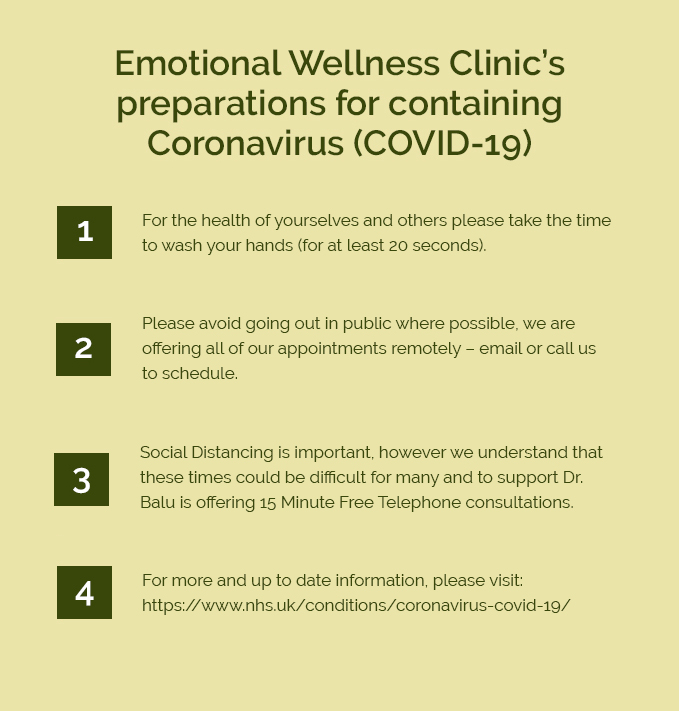How Eating Disorders Disrupt Your Sleep
Eating disorders can affect all areas of your life. One of the lesser known impacts of eating disorders in adults is the way that it can disrupt your sleep. Not getting enough rest can have a dramatic impact on your mood, so it can exacerbate the feelings of anxiety and depression that may be linked with your eating problems. Lack of sleep can also make it even harder for us to focus and make the right decisions during the day. Enabling you to get a better night’s rest can therefore be an important part of your treatment for an eating disorder.

Sleep Disruption and Eating Disorders
All kinds of mental health conditions and emotional problems can affect your sleep. Eating disorders in adults are no exception. Many people who are affected by eating disorders such as anorexia experience anxiety and other worries that can keep them up at night. In addition to this, hunger and malnutrition can also impair your ability to sleep. If you aren’t getting enough nutrition, your heart rate and breathing can slow down. While this leaves you feeling fatigued, it may make it harder to sleep because your body can resist the urge to rest. Sleep reduces our heart rate and breathing, which could be dangerous if they are already low due to malnutrition, so our bodies may try to stay awake.
What You Can Do About It
Getting treatment for your eating disorder is the most important thing you can do to improve your sleep as well as your mental and physical wellbeing. Treatments for eating disorders in adults can take many different forms. Some of the approaches that may help with your sleep problems include talking therapy to address the underlying causes, CBT or other techniques to manage anxiety, breathing exercises or other relaxation methods before bed, and ensuring that your new eating habits enable you to rest better.

